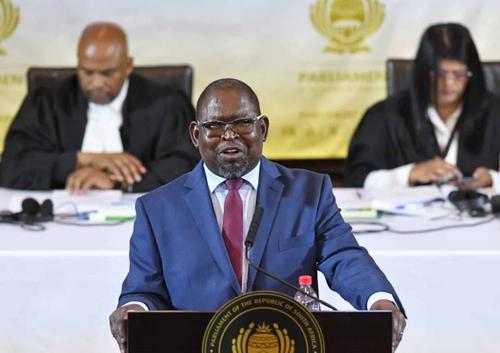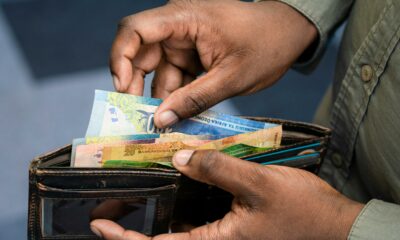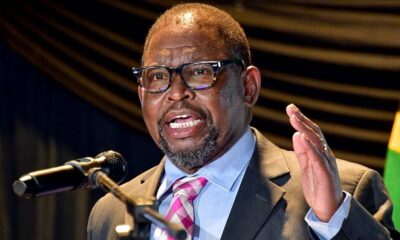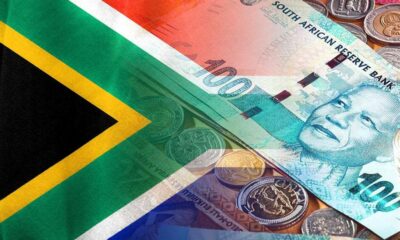Business
Budget 3.0 Boosts Rand as VAT Deadlock Ends and Markets Breathe Easier

South Africa’s financial markets have finally found a moment to exhale. After months of political wrangling and economic uncertainty, Finance Minister Enoch Godongwana has announced that the National Treasury will table Budget 3.0 on May 21—a move widely seen as the long-awaited resolution to the VAT impasse that has unsettled investors.
The announcement has already had a noticeable impact on the local currency. The rand strengthened to R18.45 per dollar by mid-morning on Friday, up from R18.89 at Wednesday’s close. That’s a significant gain for a currency that recently flirted with the R20 mark.
Markets are cheering what appears to be a more cooperative approach within the Government of National Unity (GNU), which had been on shaky ground following threats by the Democratic Alliance (DA) to exit the coalition. The prospect of greater political cohesion is easing investor concerns and, in turn, lifting the JSE’s All Share Index, which rose by nearly 1% on Friday.
The latest budget comes after two failed attempts to pass a finance plan earlier this year. The first version, proposed in February, included a controversial VAT increase from 15% to 17%, sparking backlash from both opposition parties and the public. A second attempt in March adjusted the hike to 15.5%, but confusion around how the tax would be implemented—especially at till points—led to further opposition and court challenges.
Before the Western Cape High Court could issue a ruling, Godongwana reversed the VAT hike altogether, confirming that new legislation would maintain the rate at 15%.
According to Investec chief economist Annabel Bishop, the shift in fiscal policy suggests that government may have to tighten expenditure rather than rely on new revenue. “Given the difficulty in pushing through higher taxation in a weak economy, some expenditure cuts are likely, delaying fiscal consolidation,” she explained.
That said, the outlook has brightened. Bishop noted that closer collaboration between the ANC and DA within the GNU could result in a more stable political climate—one that investors are desperate for.
Another tailwind helping the rand is a weaker U.S. dollar, as global investors seek higher returns outside the U.S., especially amid mixed messages from U.S. President Donald Trump on trade policy.
As South Africa gears up for Budget 3.0, there’s cautious optimism in the air. If political tensions continue to cool and Treasury delivers a credible plan, markets may finally begin to price in long-term confidence in the country’s economic management.
{Source: IOL}
Follow Joburg ETC on Facebook, Twitter , TikTok and Instagram
For more News in Johannesburg, visit joburgetc.com



























